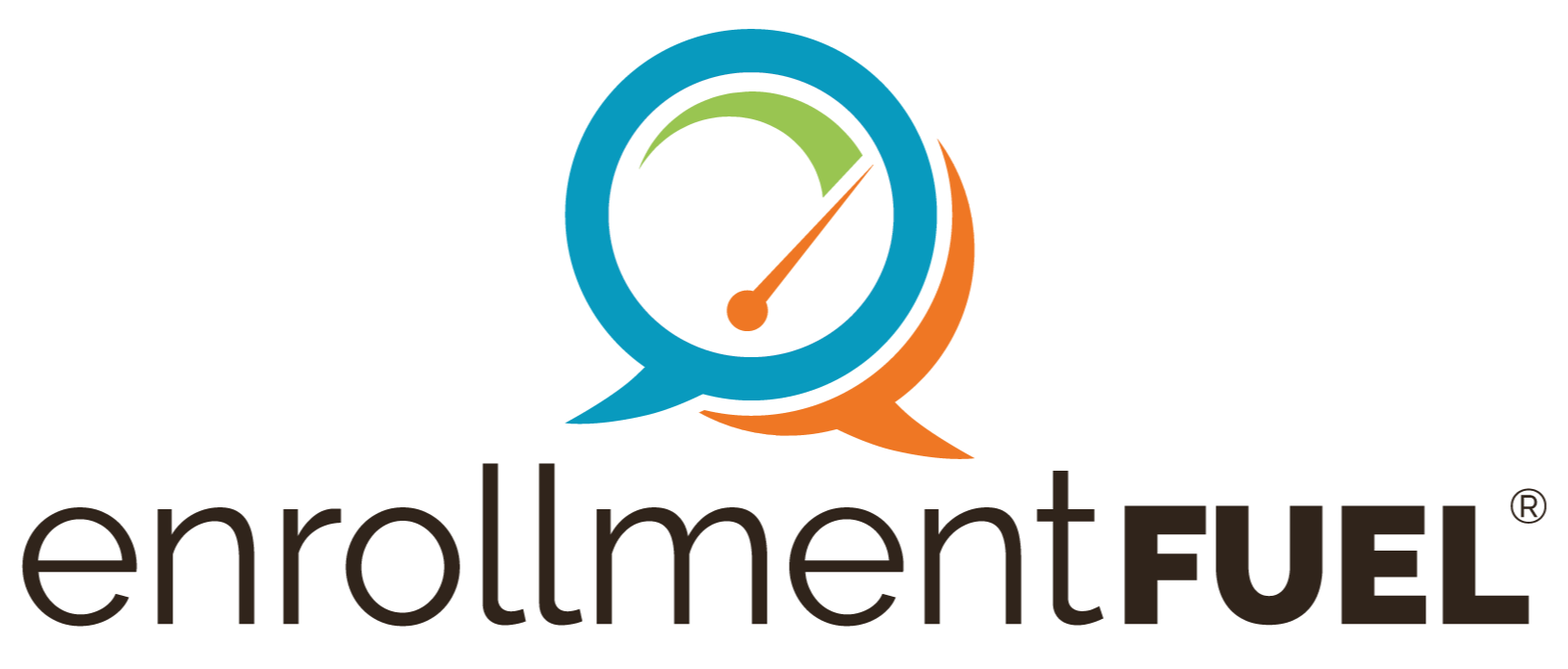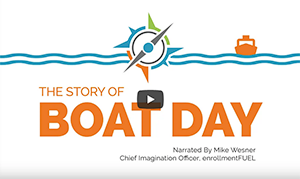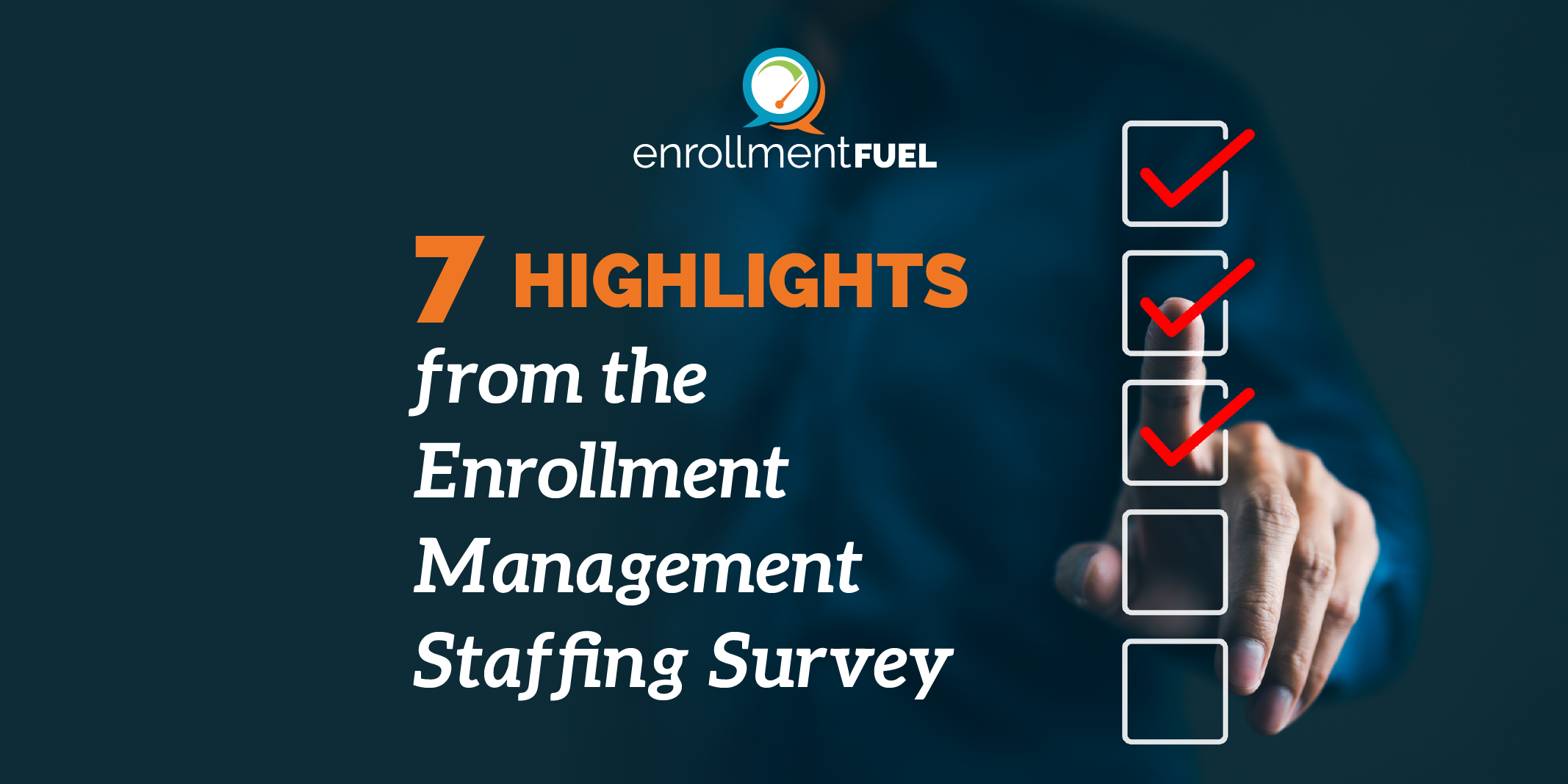HIGHER ED DIGITAL MARKETING: GOOGLE AI & SEO
Artificial Intelligence (AI) has forever changed the digital landscape, and its rapidly evolving development makes it almost impossible to keep track of these changes. As different tech companies race to create their own AI systems, one major player that has the power to affect our everyday lives has risen to the top: Google AI. Officially formed in 2017, Google AI has found itself in the spotlight recently as Google begins to integrate the system into their search engine.
AI VS. SEO: GOOGLE'S SELF-MADE PROBLEM
“Looking something up” on the internet is now ubiquitous with Google, so a sudden change in the appearance of the search engine results page (SERP) in the spring of 2024 drew worldwide attention. While some AI enthusiasts are excited to see such a large, real-world application in use, industry leaders, politicians, and countless others around the world have voiced their concerns. A main topic of discussion has been Google AI’s impact on search engine optimization (SEO) and how organic web traffic will be affected.
For years, Google has pushed SEO as the key to achieving a high search ranking, stressing keyword optimization, titles, meta descriptions, and more. When your website shows up on the first page of Google, you can expect more organic traffic and a larger number of visitors to your site compared to those on later pages. Now, with Google AI’s “direct answers,” the system attempts to answer the user’s question in a short summary displayed below the search bar and above the search results. If this summary answers the user’s question sufficiently, they no longer have a need to click on any of the search results, leading to a rise in zero-click searches.
SO, HOW WILL THIS IMPACT ORGANIC TRAFFIC?
Aleyda Solis, founder of SEO consultancy firm Orainti, conducted a risk assessment on three types of Google AI snapshots (formerly SGE, or Search Generative Experience) and concluded that the risk varied by type:
- Direct Answer Snapshots: Websites that give straightforward answers to user’s questions. Pages like these that previously benefited from high traffic volumes might see traffic drop up to 50%.
- Exploration Snapshots: Websites that provide multiple perspectives on a topic could see a potential reduction in click-through rates by 30-40% as users can get diverse answers directly from the search page.
- Deep Dive Snapshots: Websites that give in-depth coverage of a topic might experience a 25-35% reduction in organic traffic as the need for further clicks is minimized.
These snapshot categories can be used to help determine search intent, which is the main goal a user has when making a query with a search engine. The search “How to replace a sink” carries a different intent and sense of urgency than “How to replace a leaking sink,” as does “How to stop a leaking sink now.” Google AI uses this to inform the type of answer it gives the user.
During a two-week observation period, SEO Clarity found that Google AI answers appeared in 6.85% of education-related searches, compared to an average of 9.78% across all industries. Although this is a small sample, it is an interesting glimpse at how it's harder for AI to pull generalized answers for a complicated industry such as higher education. This indicates that having a comprehensive and SEO-optimized website is still extremely important.
HOW CAN THIS IMPACT BE MINIMIZED?
Making the most of the preview space available for your website on the SERP is crucial. Optimizing featured snippets, callouts, headlines, and descriptions serves two purposes. This is where to highlight your institution’s strongest differentiators. What will draw students in to make them click on your website from just a glance? Google AI pulls from these fields to populate its direct answers, so the stronger the content, the better chance your website will be the one used to answer a user's question, hopefully guiding them to continue their search in some form. In the more traditional route, good copy and a high SEO ranking will get your website below Google AI’s direct answer but still at the top of the SERP.
Get creative! Once a visitor is on your website you want them to stay, so how can you catch their attention further? Use strong visuals that align with your brand identity while showing off your campus and what student life looks like.
Google prioritizes websites that use mobile-friendly indexing, so ensuring your site is both visually and user-friendly from a mobile device is extremely important. Page speed optimization is also a contributor, so compress files where possible, and leverage browser caching. The better your site is performing, the better it will rank!
TRUST YOUR AUDIENCE
A simple yet easy-to-overlook factor is trust in your audience. Trust that the right people are hungry enough for knowledge to explore further and look beyond generic AI summaries. In the ever-increasing digital age, people are looking for personalized connections; being able to provide that can give your institution an advantage. Ensuring contact and visit information is up to date and that social platforms and other networks are listed on your website gives students other ways to connect with your institution.
About the Author
Jessie Arnold, with a BFA from The School of the Art Institute of Chicago, transitioned her artistic roots into a dynamic career encompassing design, social media, and marketing. Her creative prowess has become the cornerstone of crafting seamless campaigns that captivate diverse audiences. With expertise spanning content creation, social media advertising, and web design, she wields a wealth of strategies to elevate both client-partner and audience satisfaction. You can reach Jessie anytime at Jessie.Arnold@enrollmentFUEL.com.
Related Articles
Higher Ed SEM Articles | Reddit—Social | enrollmentFUEL
In today's constantly evolving digital landscape, higher education professionals need to be in the...
Higher Ed Blog Article | Top 5 Digital Marketing Tips | enrollmentFUEL
Increasing enrollment is at the heart of every marketing goal in the higher education world. Seems...
Tips for Maximizing the Impact of Your Higher Ed Institution’s Website
Having been around the block with managing a university’s website, I wholeheartedly appreciate that...




